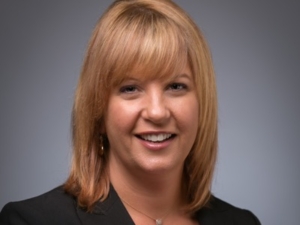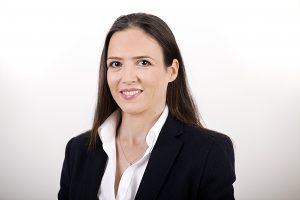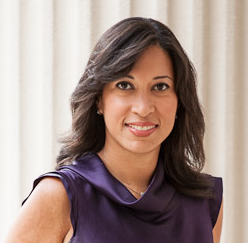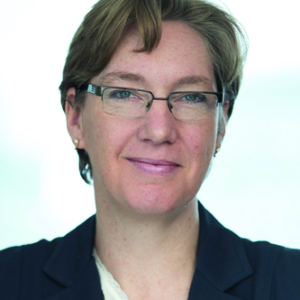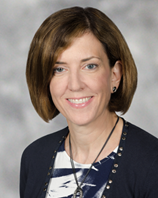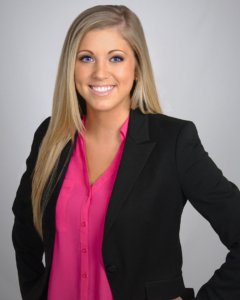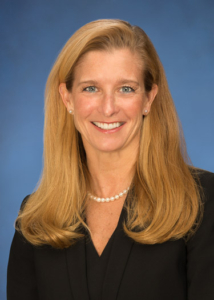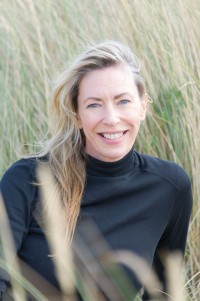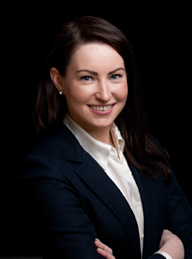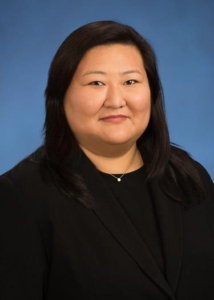 Every experience offers learning opportunities and skills that can be applicable in the future, believes Goldman Sachs’ Wendy Yun. “Maximize every opportunity,” she says. “If you’re involved in meetings or invited to work on special projects, it’s always important to be prepared, think ahead about potential issues or action steps, have confidence to express your ideas or concerns and in general, find ways to add value.”
Every experience offers learning opportunities and skills that can be applicable in the future, believes Goldman Sachs’ Wendy Yun. “Maximize every opportunity,” she says. “If you’re involved in meetings or invited to work on special projects, it’s always important to be prepared, think ahead about potential issues or action steps, have confidence to express your ideas or concerns and in general, find ways to add value.”
Building a Successful Career from Past Experiences
Yun began her career as a private practice attorney focusing on securitizations and structured products. She joined Goldman Sachs in 2006 and now oversees a team of lawyers and negotiators who cover derivatives and other products globally on behalf of the firm’s Investment Management Division.
While one of her proudest professional achievements is her promotion to managing director in 2012, she says she is equally proud of her role in helping members of her team develop their own voice and identity as professionals.
Reflecting on her career, Yun has realized the importance of being open to new challenges and of maximizing new opportunities. As a junior lawyer, she hoped to specialize in collateralized loan obligations and other securitized products, but was often assigned other types of deals and transactions as well. “Initially, I thought these projects were a distraction from my primary focus,” she says. “But over time I realized that having the opportunity to work on a variety of assignments helped me become a better lawyer by diversifying my skill set and expanding my outlook.”
And, she adds, learning opportunities that shape your perspective may come from jobs or experiences that might not be related to your current career path. “I tell junior lawyers that having a range of experiences, including waitressing in high school or working as a legal assistant before law school, helped me develop interpersonal and other skills that I rely on today in my current role,” Yun noted. “I learned early on that you must be adept at multi-tasking and prioritizing competing requests while simultaneously being sensitive to your clients’ specific needs and preferences and managing different personalities.”
That mindset will serve professionals well throughout their careers, which often take twists and turns they don’t envision, Yun says. In her current role, Yun spends an increasing amount of time analyzing and implementing new regulations that apply to derivatives and other products utilized by her businesses. While the work deviates from the transactions and trading agreements that her team negotiates, she finds it fascinating to observe the process of how new regulations are developed through her involvement with industry trade associations and meetings with regulators.
She also finds it important to maintain a global perspective on understanding how rules from multiple jurisdictions might differ. “As we support global businesses, we constantly have to be aware of how various regulations could affect our transactions with other multi-national organizations and our clients worldwide.”
Opportunities for Women
Yun has seen increased opportunities for women in the financial sector and is active in helping others build their skills. She believes that fostering women’s ambition can start at an early age and currently mentors a high school junior who is preparing for college through the Student Sponsor Partners program. She also serves on the Women’s Leadership Council of her alma mater Trinity College in Hartford, Conn., to help prepare female graduates to enter the workforce.
In addition, Yun mentors junior people at the firm and encourages them to develop their professional identity as thought leaders. “At Goldman Sachs we have a culture that encourages teamwork, but women also need to find their own voice and develop leadership skills.”
Yun finds that some women, even at senior levels, may be more risk adverse than male counterparts in taking positions, sharing views or asking questions. Over time and based on the responsibilities that Yun has been given in the course of her career, she has developed a greater willingness to express her perspectives among leaders in the business, with colleagues in her department and others in the industry. She also recognizes the importance that mentors have had in helping her to develop this greater confidence. “I would encourage women to seek advice and feedback from peers or mentors and not hesitate to ask questions and share thoughts,” she urges. “Take advantage of the support network you have through mentors, sponsors and colleagues.”
Use Travel to Develop a Global Understanding
An avid traveler, Yun encourages everyone to get out of their comfort zone and travel to develop a global perspective of the world. She cites her studies in Moscow as an experience that instilled in her a new outlook at a relatively young age. “Entering a culture where people did not have access to basic goods fundamentally changed my outlook and priorities,” she says. “Travel positively alters your view of not only global issues, but also your perspective of your own life.”

